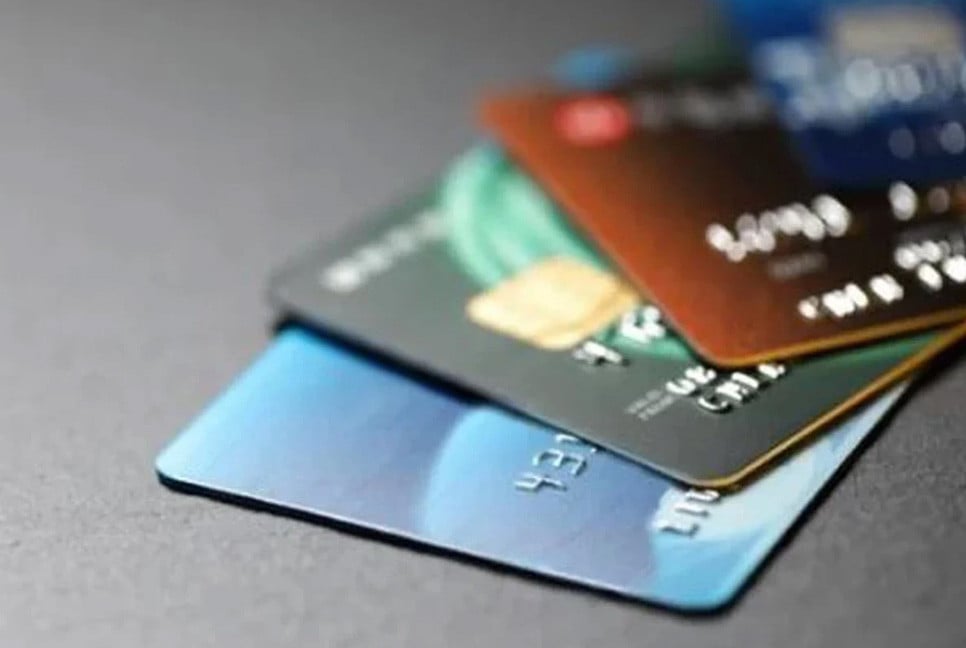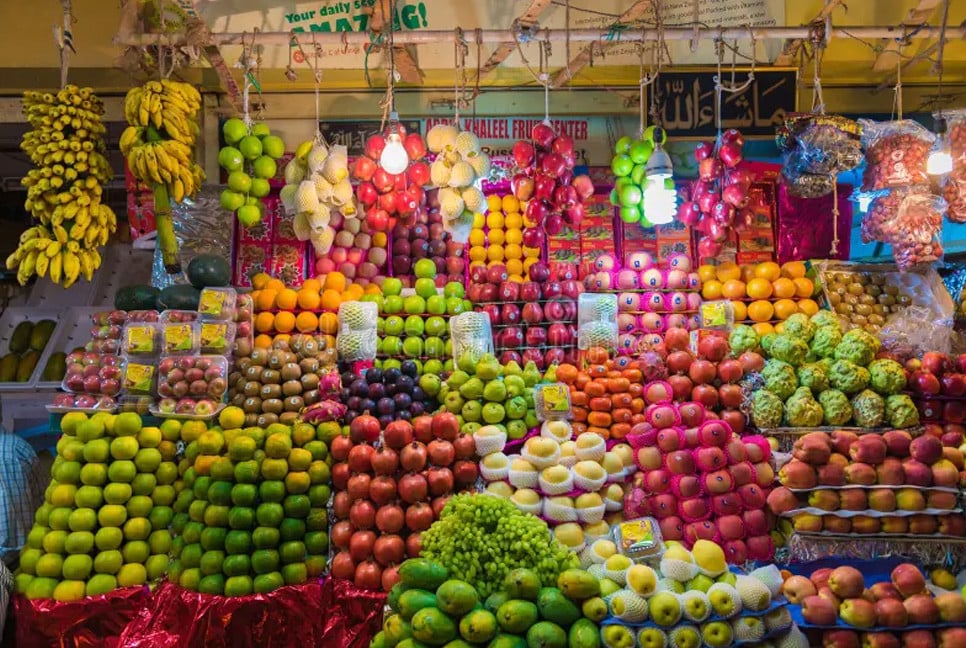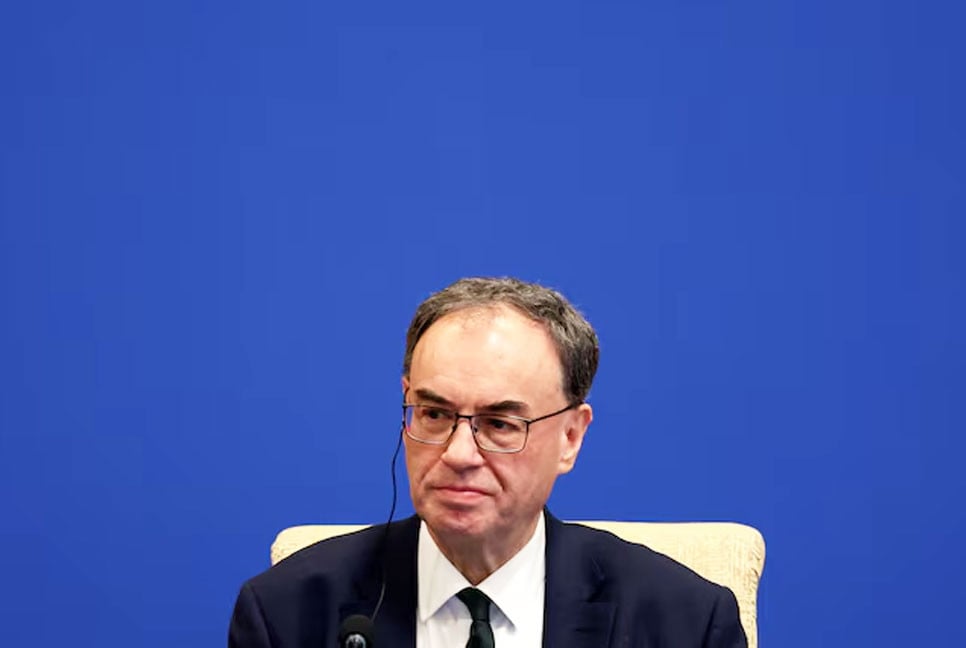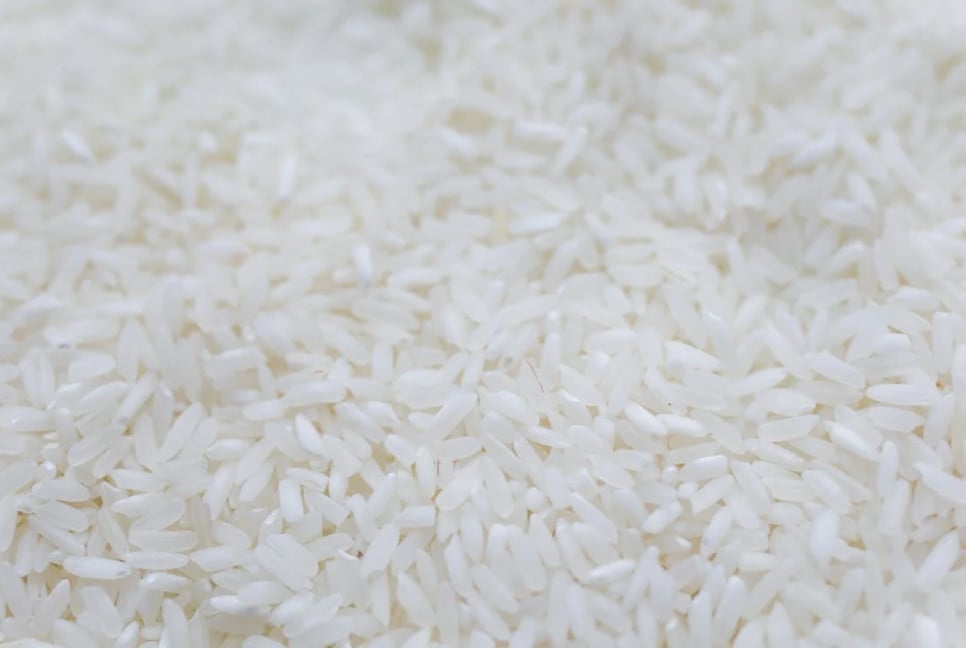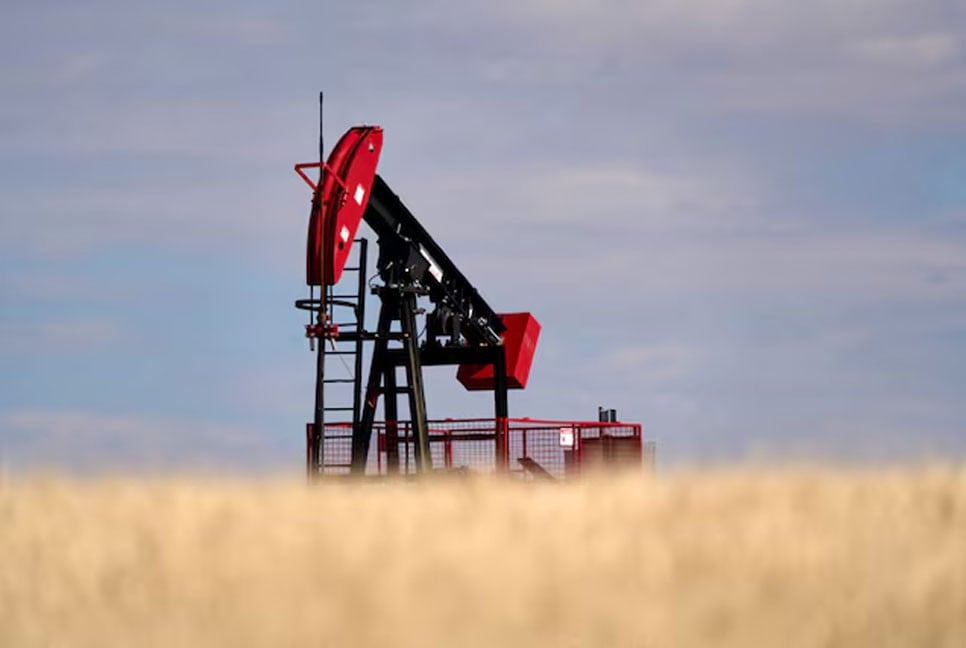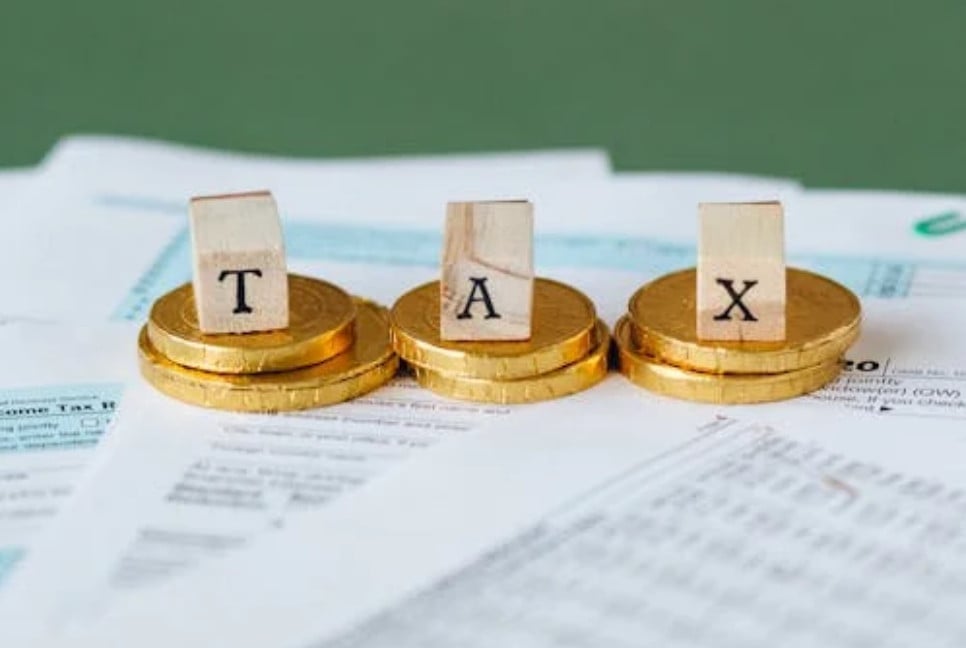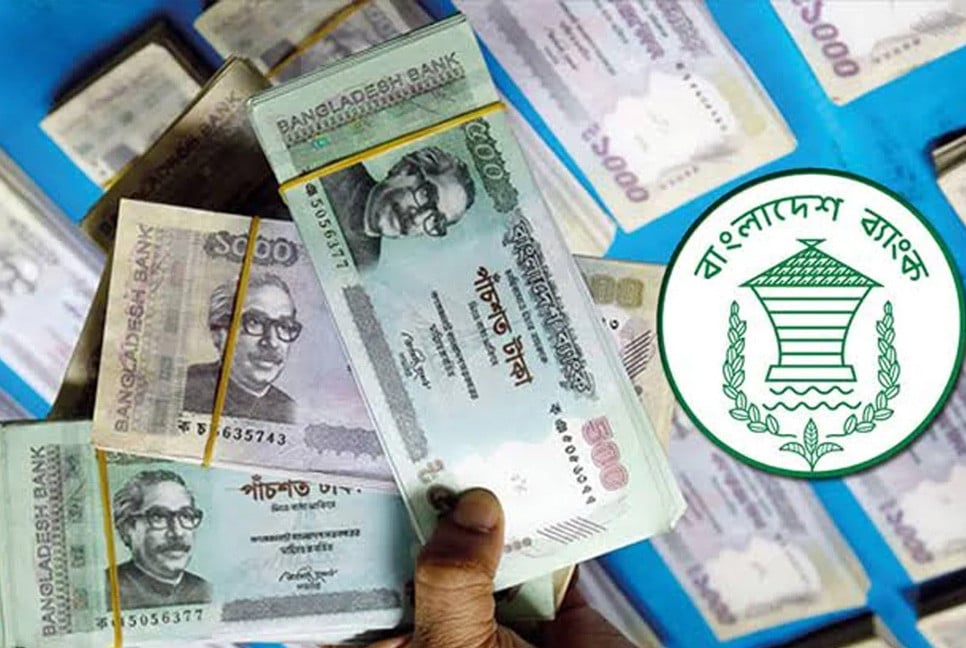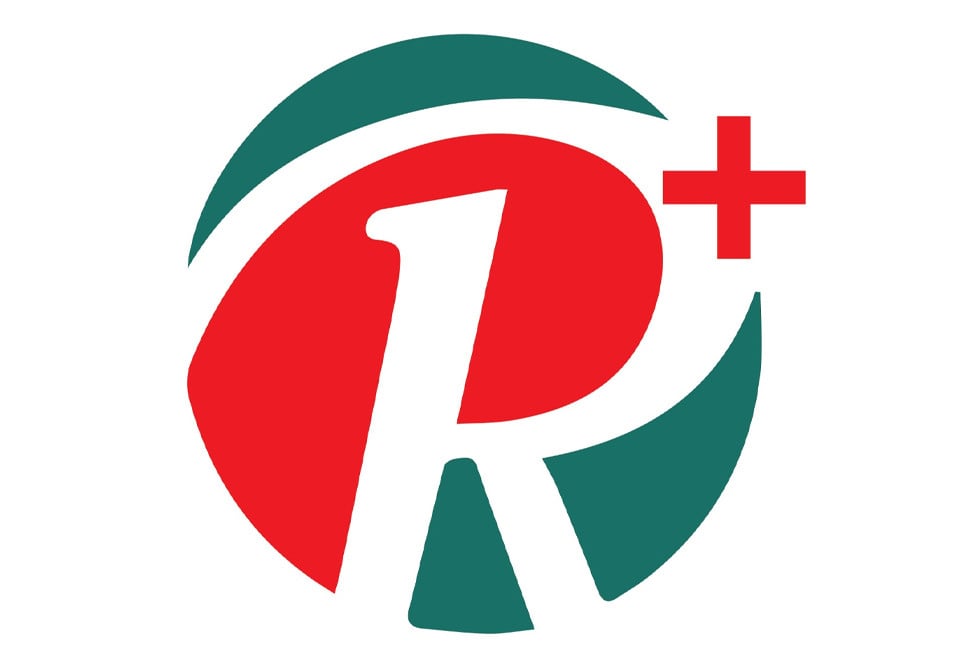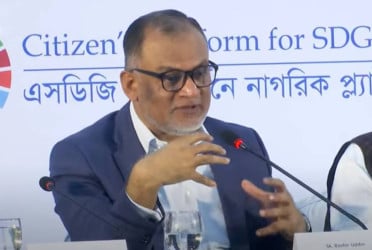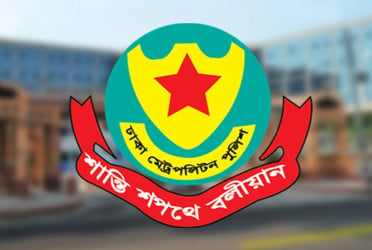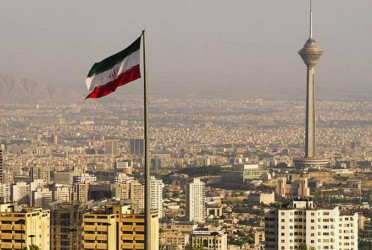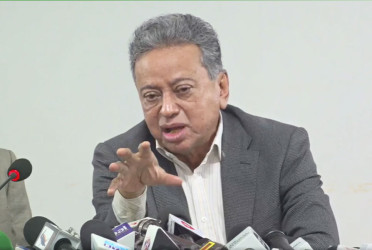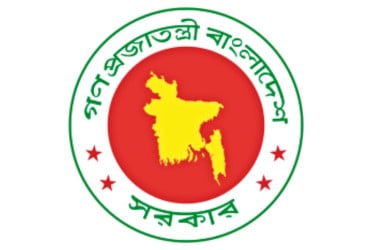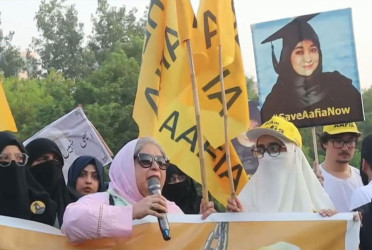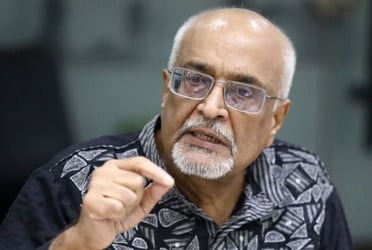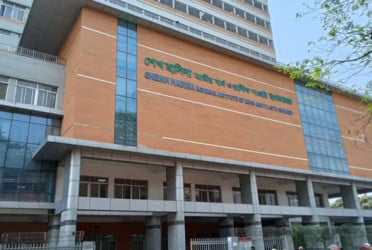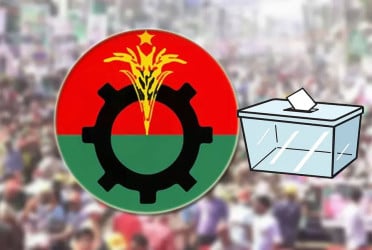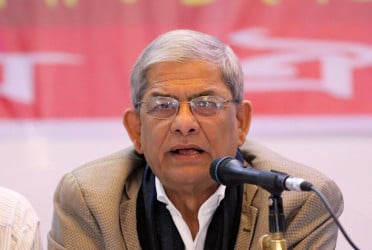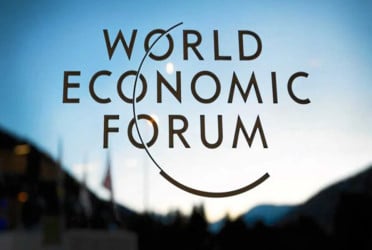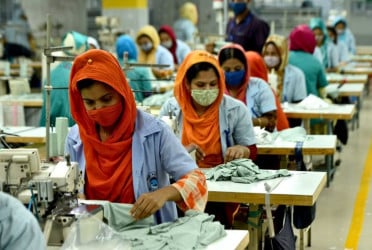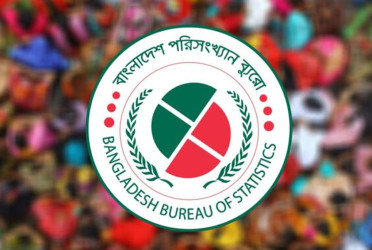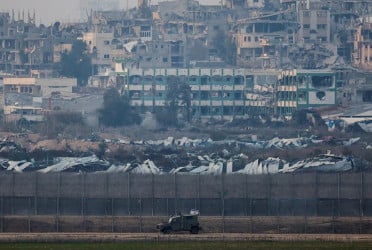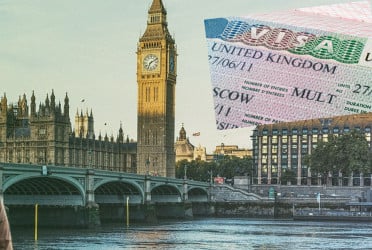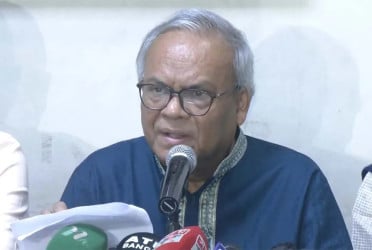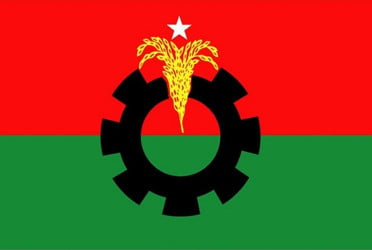The country’s overall economy is facing different difficulties due to the ongoing dollar crisis, an increase in import expenses and a hike in daily commodities and fuel oil which triggered inflation.
Although the government has taken various initiatives to control the economy, these do not work as most of the factors are related to the global economic situation which has already been hindered by the Russian invasion of Ukraine.
The government is struggling mostly with the dollar issue. It has reduced import expenses to save the dollar. Bangladesh is using alternative currencies to reduce pressure on the dollar. However, nothing works properly to control the dollar market. The crisis of the US currency is increasing daily.
On the other hand, the country's foreign reserve went down to $36.44 billion dollars by September 28, 2022, which was $46.28 billion in September last year. Bangladesh lost around $10 billion in reserve in a year. Although remittance and export earnings have increased in the past few months, it couldn't increase foreign reserves.
According to the Finance Division, the government has expensed Tk 9,844 crore of the Annual Development Programme (ADP) in the first two months of the current fiscal year which is 3.85 per cent of the total allotment. The expenditure rate was 3.82 per cent and 3.89 per cent respectively in the same period of the last two fiscal years.
A total of nineteen ministries and divisions could not expense 1 per cent of the budget allotment. As a result, it is feared that the expected 7.5 per cent GDP growth might not be achieved in the current fiscal.
Bangladesh achieved 7.2 per cent Gross Domestic Product (GDP) in the 2021-22 fiscal year despite the Covid-19 pandemic. It achieved more than 8 per cent GDP in a few years and had taken place in the top 20 countries of the emerging economy. However, the growth of GDP might be decreased this year.
Asian Development Bank (ADB) forecasted 6.6 per cent growth after the current fiscal year although International Monetary Fund (IMF) said the growth will be 6.8 per cent. In April last, the World Bank said Bangladesh’s economic growth will be 6.9 per cent in the current fiscal.
On Thursday, Bangladesh Bank raised the repo rate to 5.75 per cent from the existing 5.5 per cent with a view to controlling inflation. It took the decision at the 56th meeting of the Monetary Policy Committee (MPC).
A statement from the central bank said in the midst of rising inflation in the global market, Bangladesh is also witnessing the same. Hence, in order to embattle inflation, the committee raised the repo rate, which will be effective from October 2 (Sunday).
On the same day, the World Bank released a report titled “The Country Economic Memorandum – Change of Fabric identifies” which recommended three reformations to achieve at least 5.9 per cent growth.
The report said Bangladesh needs to source external resources proactively, including through international capital markets, by promoting local currency financing, easing external borrowing constraints, and attracting foreign direct investment to ensure its growth.
Meanwhile, middle and low-income people are struggling with inflation.
According to the Bangladesh Bureau of Statistics (BBS), the country’s inflation rate exceeded 9 per cent in August. Planning Minister MA Mannan also predicted the same.
Hossain Zillur Rahman, an adviser to the former caretaker government, thinks the government does not publish the real information on inflation which might be more to the skyrocket of the prices of daily essentials.
It is a matter of pleasure that the ongoing pressure on the country’s macroeconomics is decreasing due to several initiatives taken by the government. The government has become successful by reducing costs in many sectors including import costs. However, the dollar rate in the kerb market is still Tk 112 which should be reduced more, said, economic analysts.
They said the trade deficit should be brought under control to keep the growth of the economy. According to the Bangladesh Bank, the country’s trade deficit in the 2022-23 fiscal year is Tk 18,819 crore which was Tk 5,966 crore more than the previous fiscal year.
@ The article appeared on print and online versions of The Bangladesh Pratidin on September 30, 2022 and has been rewritten in English by Golam Rosul.


